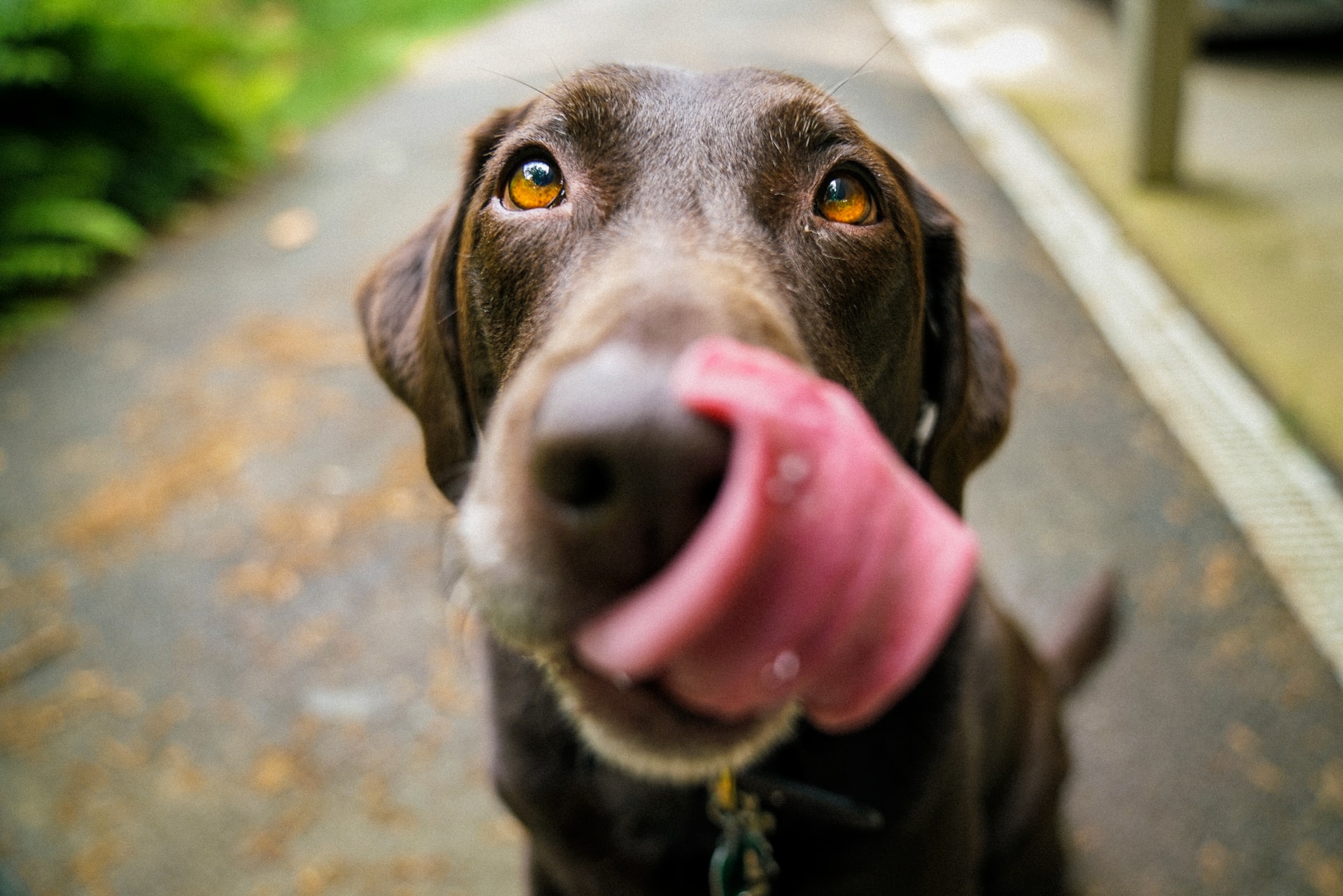
26 Apr Best Products for Removing Plaque and Tartar from Your Dog’s Teeth
Oral home care is an integral part of maintaining your pet’s oral health in addition to annual dental cleanings. Dog plaque and tartar (calculus) accumulate on the surface of the teeth and contribute to periodontal disease. Plaque can form within 20 minutes of a professional cleaning. Calculus (tartar) is mineralized plaque and forms in 72 hours in the absence of brushing. Calculus can only be removed through a professional dental cleaning. Daily tooth brushing and the use of different oral home care products can help remove plaque dog teeth and therefore minimize calculus accumulation.
Products that Reduce or Remove Dog Plaque & Tartar
Oral home care products that may remove plaque include dental treats, dental wipes, pet-specific toothpaste, or gels used in tooth brushing. Tooth brushing is considered the gold standard in oral home care. Oral rinses and water additives are generally marketed to remove plaque accumulation, however, they are considered largely ineffective without mechanical removal of plaque through brushing. Clenz-a-dent, a chlorhexidine rinse, is often prescribed to reduce gingivitis and bad breath. The main benefit of water additives is a reduction in bad breath.
Dental Treats & Chews
Dental treats can be a beneficial component of an oral home care regimen. The goal of dental treats is to slow down periodontal disease progression between consistent dental cleanings by your veterinarian or veterinary dentist. But be aware that not all dental chews work in the same manner.
Some dental chews contain natural ingredients that inhibit the formation or adhesion of plaque to the teeth. Other products contain anti-calculus agents that inhibit the mineralization of plaque into calculus, while others have antimicrobial properties that kill harmful microorganisms and bacteria in the mouth.
There are also dental chews that reduce plaque via mechanical action. These chews act by scraping harmful substances off teeth as a pet chews on them. To determine whether a particular dental treat or chew is safe for your pet, you can visit the Veterinary Oral Health Council (VOHC) website. They provide a seal of approval for various products that have undergone testing and demonstrated efficacy as plaque-inhibiting products.
Dental Wipes
Dental wipes are a less effective but viable option for pets that will not tolerate tooth brushing. Dental wipes work by removing some of the biofilm and plaque that adheres to your pet’s teeth. They are not considered as effective as a toothbrush in cleaning the dentition, particularly in the gingival sulcus where the gum meets the tooth.
DentAcetic dental wipes contain a substance called sodium hexametaphosphate (SHMP). SHMP aids in breaking down calcium, one of the minerals that form calculus. It then mixes with the pet’s saliva to help wash away some of the biofilm. Maxiguard dental wipes contain a neutralized zinc gluconate formulation that decreases the bacteria that form on the tooth surface. Several other pet dental wipes have chlorhexidine gluconate, which like zinc gluconate, decreases the bacterial burden in the mouth.
Pet Toothpaste
Pet-specific toothpaste and gels are important to consider with dental brushing. The vast majority of human toothpaste contain fluoride, which causes GI upset in pets and possibly more serious reactions. Two good options are C.E.T. enzymatic toothpaste and Healthymouth oral gel.
- C.E.T. Enzymatic Toothpaste is formulated specifically for dogs and cats. It contains no foaming agents and is safe for pets to swallow. Flavors include poultry, malt, beef, seafood, and vanilla mint. The vanilla mint flavor is hypoallergenic and can be used in pets with food allergies.
- HealthyMouth Oral Gel. A 2014 study showed that brushing with HealthyMouth oral gel was more effective than brushing with a placebo gel. HealthyMouth gel comes in 11 flavors to tempt even the most finicky of pets.
Board-Certified Veterinary Dentist in Colorado
Although there is not a specific product that will quickly remove plaque from dentition, daily dental brushing along with dental treats and routine COHAT procedures can keep your pet’s mouth clean and healthy. If you have concerns about your pet’s oral health, call us at Animal Dental Care and Oral Surgery to schedule an appointment.
Photo by James Barker on Unsplash(4/26/2021)

